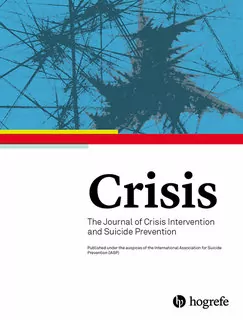Evaluating the Impact and Cultural Relevance of LifeKeepers Gatekeeper Training Across Three Training Modalities
Published: December 4, 2024
Abstract
Background: While Gatekeeper Training (GKT) is an accepted component of suicide prevention strategies, there is little evidence about its effectiveness with Indigenous populations and online.
Aims: This study examined the effects of LifeKeepers, a novel GKT, comprising three modalities: General, e-learning, and a culturally tailored Māori (New Zealand Indigenous) training.
Methods: A total of 5,981 participants completed measures of declarative knowledge, perceived knowledge, and self-efficacy pre- and post-training. Participants rated satisfaction with LifeKeepers, its safety considerations and cultural acceptability post-training.
Results: There were statistically significant improvements across all outcome measures (declarative knowledge 1.3 [95% CI 1.3–1.4], perceived knowledge 10.9 [95% CI 10.7–11.1], and self-efficacy 2.5 [95% CI 2.5–2.6]), including across all modalities. More than 90% of participants rated satisfaction, cultural acceptability, and safety considerations highly.
Limitations: Without a control group, changes may not be solely due to engagement in LifeKeepers.
Conclusions: This study offers preliminary evidence of the immediate effectiveness of LifeKeepers, across its in-person, Indigenous Māori, and e-learning modalities. It addresses a critical literature gap by exploring participants’ safety perspectives and strongly supports LifeKeepers as a primary suicide prevention intervention in New Zealand, especially for Indigenous Māori communities. Comparable outcomes for e-learning participants indicate wider accessibility, bolstering suicide prevention efforts.

